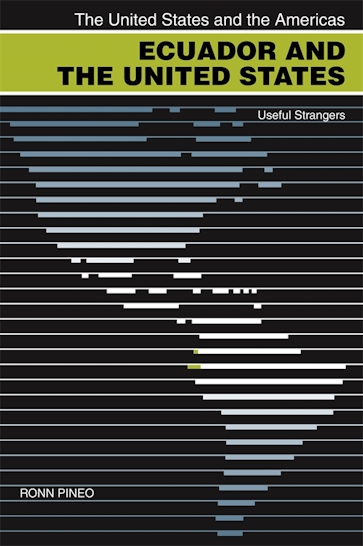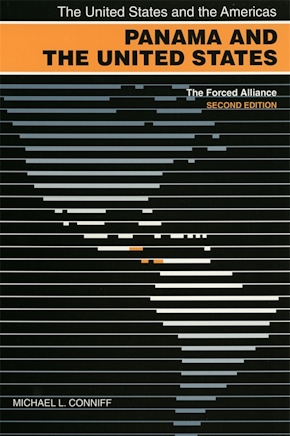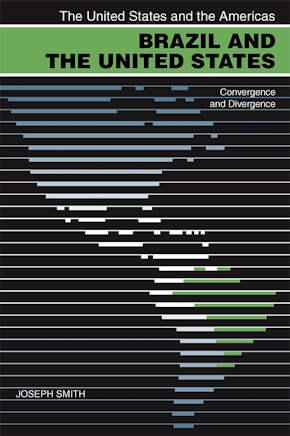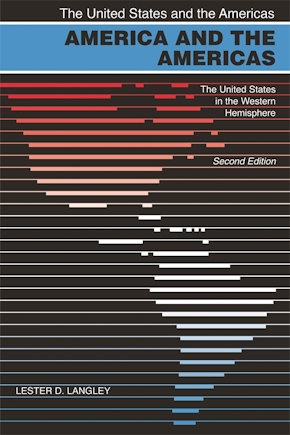Ecuador and the United States
Useful Strangers
Title Details
Pages: 276
Trim size: 6.000in x 9.000in
Formats
Paperback
Pub Date: 11/01/2007
ISBN: 9-780-8203-2971-0
List Price: $34.95
Related Subjects
Ecuador and the United States
Useful Strangers
Skip to
- Description
- Reviews
This history of relations between Ecuador and the United States is a revealing case study of how a small, determined country has exploited its marginal status when dealing with a global superpower. Ranging from Ecuador’s struggle for independence in the 1820s and 1830s to the present day, the book examines the misunderstandings, tensions, and—from the U.S. perspective—often unintended consequences that have sometimes arisen in relations between the two countries.
Such interactions included U.S. efforts in Ecuador to stem yellow fever, build railroads, and institute economic reforms. Many of the two countries’ exchanges in the twentieth century stemmed from the global disruptions of World War II and the cold war. More recently, Ecuadorian and U.S. interests have been in contest over fishing rights, foreign development of Ecuadorian oil resources, and Ecuador’s emergence as a transit country in the drug trade.
Ronn Pineo looks at these and other issues within the context of how the United States, usually preoccupied with other concerns, has often disregarded Ecuador’s internal race, class, and geographical divisions when the two countries meet on the global stage. On the whole, argues Pineo, the two countries have operated effectively as “useful strangers” throughout their mutual history. Ecuador has never been merely a passive recipient of U.S. policy or actions, and factions within Ecuador, especially regional ones, have long seen the United States as a potential ally in domestic political disputes. The United States has influenced Ecuador, but often only in ways Ecuadorians themselves want. This book is about the dynamics of power in the relations between a very large if distracted nation when dealing with a very small but determined nation, an investigation that reveals a great deal about both.
This book will help construct a theory of unequal relationships in the affairs between states. Pineo shows how Ecuador, a small country, was often able to manipulate a goliath, the United States, in a number of important areas. It will be a significant contribution to the work of other scholars and students of the Americas and will stand for a long time as the major study of relations between the United States and Ecuador. Readers will come away with a new appreciation for how these two peoples' destinies have been interwoven for almost two centuries.
—Lawrence A. Clayton, coauthor of A History of Modern Latin America
An engaging, balanced and interpretative account of U.S.-Ecuadorian relations, Ecuador and the United States shows how a small country like Ecuador can successfully counter the U.S. hegemon on many important bilateral issues and controversies that have embroiled the two countries since Independence, particularly in the twentieth century. A must read for students of United States-Latin America relations.
—Peter Klaren, author of Peru: Society and Nationhood in the Andes
Pineo has written an important work that will be of interest to specialists as well as to a general readership.
—American Historical Review
A comprehensive and eminently readable account of the history of bilateral relations that will engage students of diplomatic history, Latin American specialists, and policy makers alike.
—Hispanic American Historical Review



